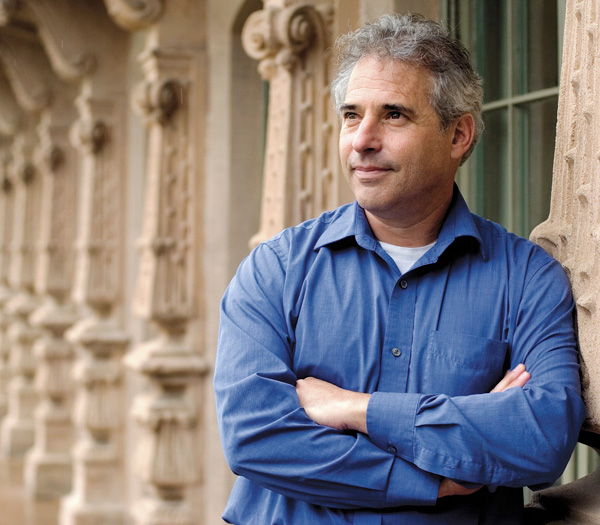In Music 1A: Music, Mind, and Human Behavior, students have the opportunity to explore music as a core aspect of human existence through the lenses of cognitive science, culture and anthropology.
Music 1A was developed in 2016 by Jonathan Berger, Denning Family Provostial professor in music. He described Music 1A as the successor to Music 1, which provided a broad introduction to Western classical music, but “rush[ed] through the ‘great composers.”
“I felt there was an opportunity to reinvent [Music 1] not only from a multicultural perspective, but also from the perspective of music as a pervasive, even obsessive human behavior,” he wrote in an email to The Daily.
Berger’s vision for the course is threefold: to encourage students to explore their engagement with music, to expose them to music that they might not otherwise encounter and to introduce them to the science behind music perception and cognition.
To achieve these goals, Berger brings in scientific articles by prominent neuroscientists and psychologists, as well as papers and excerpts discussing musical performance and the physiology of listening. Students are also required to attend musical concerts and take note of the dynamics between the performers and audience members.
From the first day of class, Berger encourages student engagement.
“The course starts off by imagining that we are aliens and our visit to this planet reveals strange behaviors such as blowing into metal pipes, scraping and plucking strings, moving body parts to the beat of music,” Berger said. “From there, students develop their own questions and design experiments to test their hypotheses.”
Some past students have continued to pursue projects they began in Music 1A as independent studies and even gone on to present research in international conferences.
Music 1A student Casey Mullins ’20 is currently designing an experiment to answer questions about how people name their music playlists.
She described the course as “questioning behaviors that we see in the world regarding music [and] using our actual experiences with music and with people and seeing how they fit together.”
“I’ve been looking at [Music 1A] as the intersection between psychology and music, both areas which I find really interesting,” Mullins said.
Berger says he wants the course to be accessible to all.
“I try very hard to avoid technical jargon and terminology,” he said. “I only require that students approach the topic with passion and integrity … I am most focused on encouraging students to broaden their cultural horizons and to be more engaged and thoughtful listeners.”
Originally a self-taught folk/rock guitar player, Berger dropped out of college as a philosophy major to explore music by traveling through Europe. He quickly became fascinated with music behavior toward which he took an interdisciplinary approach.
“I was originally drawn by an interest in understanding how composers and performers play with listeners’ expectations,” Berger said. “This led to studies in computational modeling of expectations, which led to brain imaging experiments aimed at validating hunches.”
He ultimately returned to school to formally learn music literacy, graduating with conservatory training in music composition and theory. Berger balances teaching with composition and interdisciplinary research.
“I am, first and foremost, a composer,” Berger said. “Everything I do in terms of research informs and is informed by what I compose … Teaching is an anchor for me — a channel for me to share my passion for music and, more importantly, to learn about music from my students.”
Contact Olivia Mitchel at omitchel ‘at’ stanford.edu.
